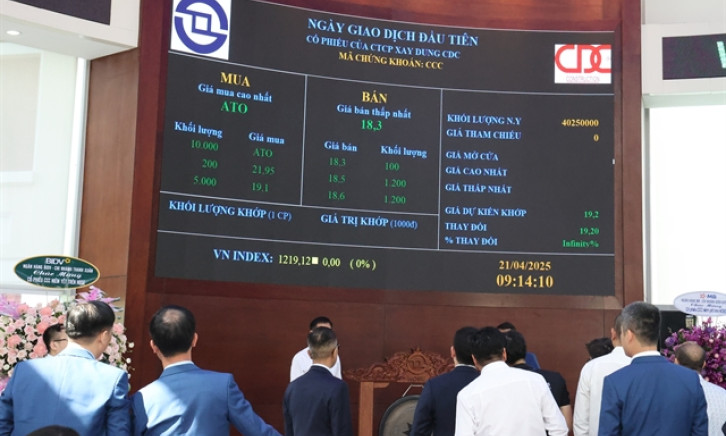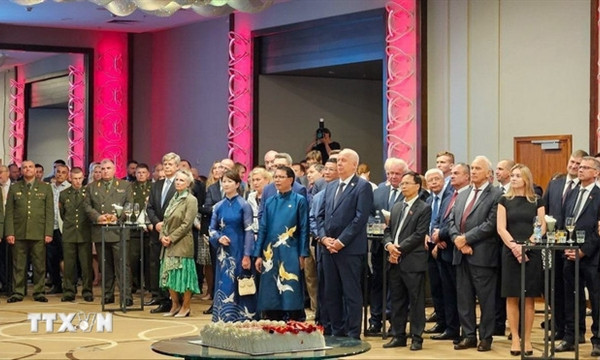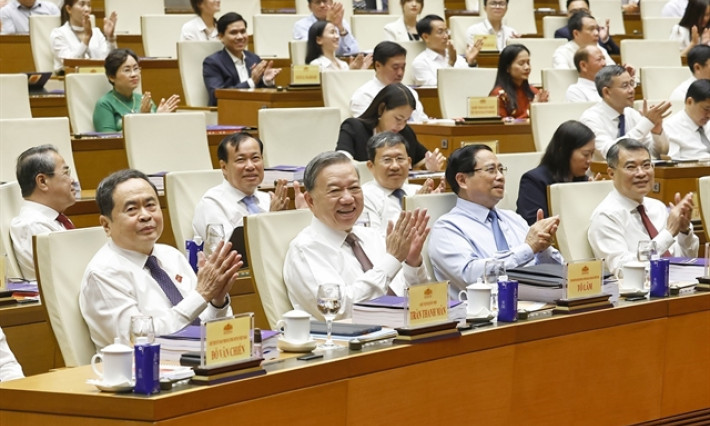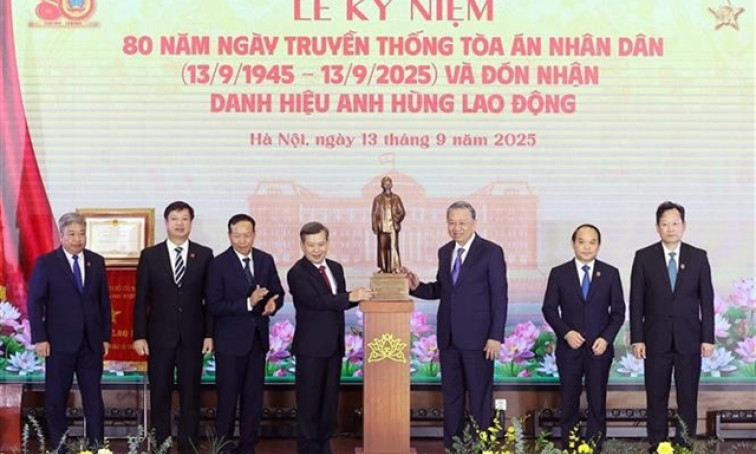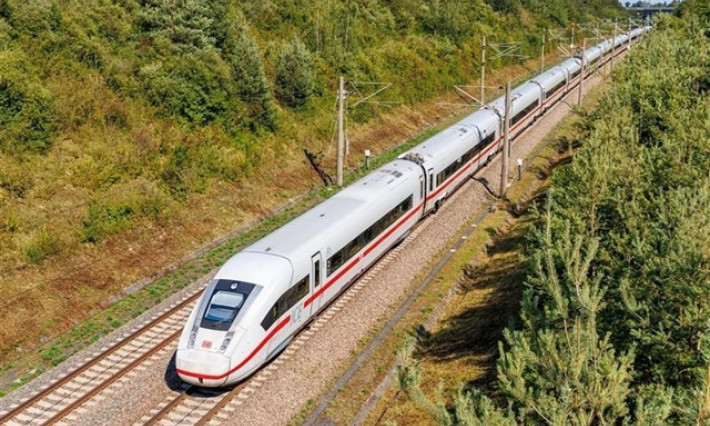Mekong Delta rice projects: early wins, ongoing hurdles
Agricultural officials have proposed using straw for mushroom cultivation, livestock feed and fertiliser, but a more comprehensive economic plan is needed to manage this resource more effectively.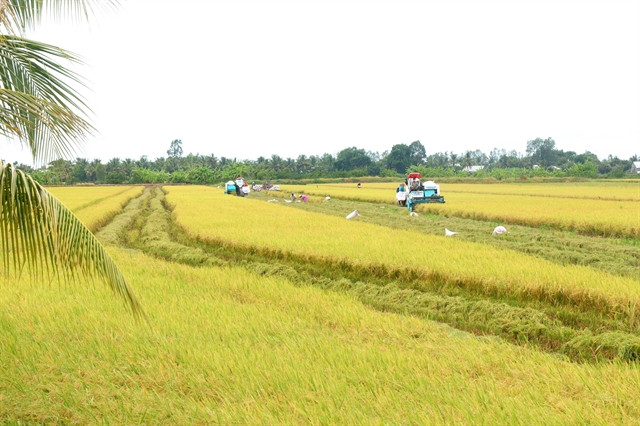
Việt Nam's plan to cultivate one million hectares of high-quality, low-emission rice in the Mekong Delta has yielded some early success.
Still, some challenges remain, particularly in straw disposal.
In the plan's initial phase, seven pilot projects have been launched across four provinces of Kiên Giang, Sóc Trăng, Trà Vinh, and Đồng Tháp and Cần Thơ City to test the new farming practices.
Early reports indicate a significant increase in farmers' income, ranging from VNĐ4 million (US$162) to VNĐ7.5 million ($304) per hectare, driven by higher yields and lower costs.
In Sóc Trăng Province, for example, farmers growing the high-quality ST25 rice variety under the plan have slashed production costs by one-fifth, while boosting efficiency by 32 per cent.
The cost-effective advantages have translated into a 12-per-cent increase in income. The farmers now earn approximately VNĐ49 million ($1,990) per hectare.
"The plan's impact on income is evident," said Lê Thanh Tùng, Deputy Director of Crop Production Department. "Farmers' income has increased by approximately VNĐ4 million per hectare in Cần Thơ, VNĐ5 million in Sóc Trăng, and VNĐ7 million in Trà Vinh."
A comparison between project and non-project fields also reveals a substantial reduction in greenhouse gas emissions. The former emits about 12 tonnes less CO2 equivalent per hectare than the latter in Cần Thơ City, whereas the difference is four tonnes per hectare in Sóc Trăng Province.
Deputy Minister of Agriculture and Rural Development, Trần Thanh Nam, was surprised to find that the plan was met with overwhelming enthusiasm from farmers, who actively sought to be involved, a stark contrast to the more passive participation seen in other previous initiatives.
He described this as a 'crucial milestone' in changing their mindsets toward more sustainable farming practices in the Mekong Delta.
While the pilot projects have shown promising results, challenges remain, especially in straw disposal.
The plan's key objective is for farmers to remove straw from their fields after harvest to reduce emissions. However, with the plan set to expand to cover one million hectares, the Mekong Delta could generate 25 million tonnes of straw annually, raising concerns about its disposal.
Agricultural officials have proposed using straw for mushroom cultivation, livestock feed and fertiliser, but a more comprehensive economic plan is needed to manage this resource more effectively.
“It is not just about removing straw to reduce emissions, but about establishing a chain to turn straw into profits," said Trần Thái Nghiệm, Deputy Director of Cần Thơ’s Department of Agriculture and Rural Development.
Another challenge involves the lack of preferential loans to help cooperatives buy machinery for straw processing.
Director of Tiến Tuận Cooperative in Cần Thơ, Nguyễn Cao Khải, said his cooperative had to borrow two straw balers from another enterprise, owing to the limited capability to purchase their own.
"As the projects expand, we will need preferential loans to secure more straw balers, which typically cost over VNĐ200 million ($8,110) per unit," said Khải.
Khải also revealed that farmers in his cooperative were promised an extra VNĐ300 (1.2 US cents) per kilo of rice that passed residue tests. However, traders broke their promises, claiming the rice had failed to meet the stringent export standards, discouraging many.
The Ministry of Agriculture and Rural Development has worked with the State Bank of Vietnam and international financial institutions to facilitate preferential loans to project participants under a linkage model, which requires a close partnership between enterprises, cooperatives and traders.
Rice associations have been tasked with encouraging enterprises to engage in the model and ensuring the timely delivery of the loans.
"The plan's objective is not on credit trading, but to lower costs, enhance productivity and increase farmers' income," said Deputy Minister Nam.


